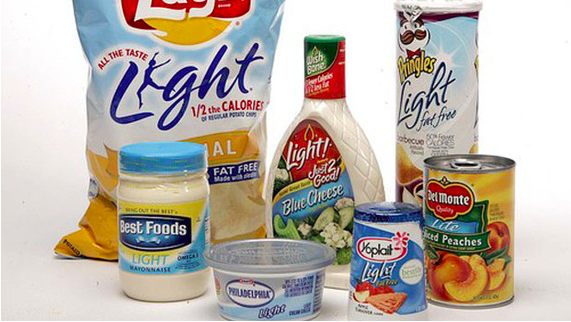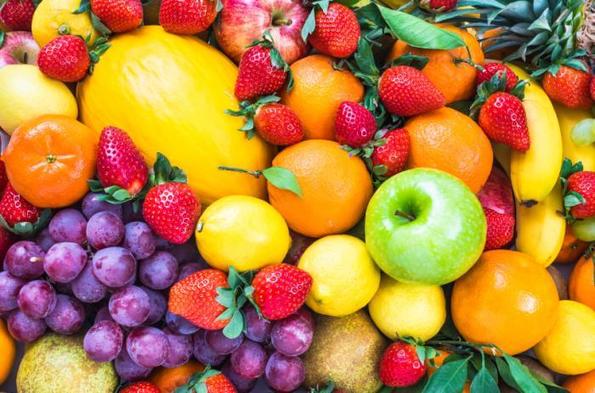Plant-Based Diet May Lower Risk Of Type 2 Diabetes

Consuming high-quality plant foods such as whole grains, fruits, vegetables, nuts and legumes may substantially lower risk of developing type 2 diabetes, researchers including one of Indian-origin have claimed. While previous studies have found links between vegetarian diets and improved health outcomes, including reduced risk of type 2 diabetes, this new study is the first to make distinctions between healthy plant-based diets and less healthy ones that include things like sweetened foods and beverages, which may be detrimental for health. Researchers followed more than 200,000 male and female health professionals in the US for more than 20 years who had regularly filled out questionnaires on their diet, lifestyle, medical history, and new disease diagnoses as part of three large long-term studies.
Facts, figures and statistics about diabetes on World Health Day
World Health Organisation states 422 million people are affected by diabetes in a report for World Health Day.
Breaking down food myths: Stop demonizing food

Almost every day in the news you hear about a new study coming out either praising or villainizing a type of food – one day your cup of coffee is an indulgent treat and the next day it is associated with protective health benefits. This yo-yoing can cause confusion and may lead you to unnecessarily demonize foods and the nutrients in them.
Apples and Blueberries Lower Risk For Diabetes

A new study released in the American Journal of Clinical Nutrition has found that apples and pears, as well as blueberries, are fruits particularly associated with a lower risk of Type 2 diabetes. The study looked at the diets of more than 200,000 people, and was originally created to determine whether flavonoid subclasses lead to diabetes. The latter proves that blueberries, apples and pears have a correlation with a lower incidence of diabetes in more than 12,600 cases.
40% of U.S. Women Are Now Obese

Rates of obesity in the United States are high, and among women they are increasing. The number of Americans who are overweight or obese continues to reach shocking highs, with some estimates that more than two-thirds of American adults are now overweight or obese. Now, a new study reveals that while obesity rates in men have plateaued, rates have continued to rise among women.
Diet And Weight: We Had It All wrong

The human race has a paradoxical energy crisis. We are drowning in stored energy (fat), something evolution did not prepare us for. Excess body weight now poses the greatest threat to healthy survival. How did we get here and how might we take back control of body weight?
Amputations caused by diabetes now at 20 per day
Diabetes UK say the number of amputations linked to the disease is risingThe number of amputations in Britain is now 7,370 a year – up from 7,042Chris Askew, of Diabetes UK, said the new figure is a ‘huge concern’
When it comes to losing weight, can you outrun a bad diet?
Eat like our grandparents … and cut out bread for optimal weight loss, says Pat Divilly
7 Things Not to Say to Someone With Diabetes
Understand the misconceptions to show your support for those living with this chronic illness. For the more than 29 million Americans who have diabetes, living with the disease is challenge enough. However, awkward, ill-informed or insensitive remarks can add to the difficulties faced. To address misconceptions, it’s important to know what not to say to someone with diabetes. People living with diabetes have to think about what they eat for every meal and snack. However, there is no such thing as the “diabetes diet.” A well-balanced diet is recommended for everyone, not just for people with diabetes.
Eating fresh fruits daily may reduce your risk of cardiovascular death

New research provides further evidence of the health benefits of fruit consumption, after finding that eating fresh fruits daily may lower the risks of heart attack, stroke and cardiovascular death. According to the 2015-2020 Dietary Guidelines for Americans, it is recommended that adults who get less than 30 minutes of moderate exercise daily consume 1.5-2 cups of fruits each day.



